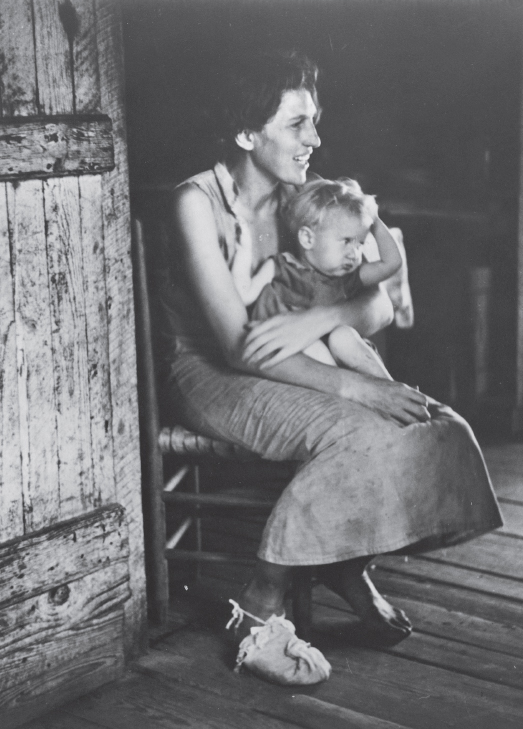Journalism in a Democratic Society
Printed Page 407
Journalism is central to democracy: Citizens must have access to information the news media provide to make important decisions on when to go to war or whether every citizen should have health care. And gaining this information often involves reporting in-depth and questioning our top politicians, government officials, and business leaders. But this questioning can prompt a backlash. For example, after the 9/11 attacks, some government officials claimed that reporters who asked whether the United States should invade Iraq were being unpatriotic. And during the 2008–09 economic crisis, some leaders on Wall Street criticized news media for questioning whether capitalism was working well for the majority or just a privileged and wealthy minority.

Conventional journalists will fight ferociously for the basic tenets that underpin their profession: freedom of the press, the importance of challenging leaders, the public’s right to know, and the notion that there are two sides to every story. These are all worthy ideals, but they do have limitations. For example, they do not acknowledge that journalists also can—and perhaps should—take some responsibility for improving the quality of daily life. Most reporters leave such responsibility to political groups, nonprofit organizations, business philanthropists, and citizens.
Over the years, some journalists have bucked this trend. Among them was James Agee in the 1930s. In his book Let Us Now Praise Famous Men, which was accompanied by the Depression-era photography of Walker Evans, Agee criticized conventional journalists for intruding on people’s personal lives and turning them into story characters that newspapers and magazines then exploited for profit.
Others have pointed to public journalism as a way for reporters to fulfill their social responsibility. According to advocates of this model, reporters chiefly concerned with challenging political leaders are less willing and able to improve political discourse themselves. News and democracy pay the price. Washington Post columnist David Broder confesses that national journalists like him—who enjoy big salaries, prestige, and formal education—have distanced themselves “from the people that we are writing for and have become much, much closer to [the prominent] people we are writing about.”10 Broder believes that journalists need to become activists, not for a particular party but for the political process itself and in the interest of reenergizing public life.
The Internet offers a way to realize this ideal because it gives citizens the opportunity to participate in more discussions and debates, serves perhaps as an extension of the public journalism movement, and gives more experienced reporters the opportunity to cover those interactions. This kind of journalism fosters a deliberative democracy in which citizen groups, local government, and the news media work together to actively shape social, economic, and political agendas. In a deliberative democracy, a large segment of the community discusses public life and social policy before advising or electing officials who represent the community’s interests. Of course, this ideal of the Internet and digital media has not always been realized; it can also lead to increased fragmentation and polarization when audiences seek out journalism that conforms only to their beliefs and expectations.
In 1989, historian Christopher Lasch argued that “the job of the press is to encourage debate, not to supply the public with information.”11 Although he overstated his case—journalism does both and more—Lasch made a cogent point about how conventional journalism sometimes lost its bearings in chasing supposed objectivity. That early mission of journalism—to advocate opinions and encourage public debate—today is carried out by news blogs and cable news channels, which increasingly target specific audience segments, as with certain left-leaning shows on MSNBC or the right-slanting Fox News. Indeed, as we enter what may be a postobjectivity age of journalism, there is now a danger of turning too much attention over to talking-head debates, sound bites, and unresearched viral stories.
Yet some degree of debate is needed, and the Internet could pave the way for more diverse, more media-literate news coverage. As advocates of public journalism acknowledge, people have grown accustomed to letting their representatives think and act for them, and to letting the press feed them information that they passively ingest. Converged journalism offers citizens an opportunity to influence their leaders. The increasing variety of news sources may allow for journalism that uses techniques like paying more attention to the historical and economic contexts of stories; doing more investigative reports that analyze news conventions and social issues; participating more fully in the public life of their own communities; and admitting to their cultural biases and occasional mistakes. Media-literate audiences, then, should demand media-literate journalists.